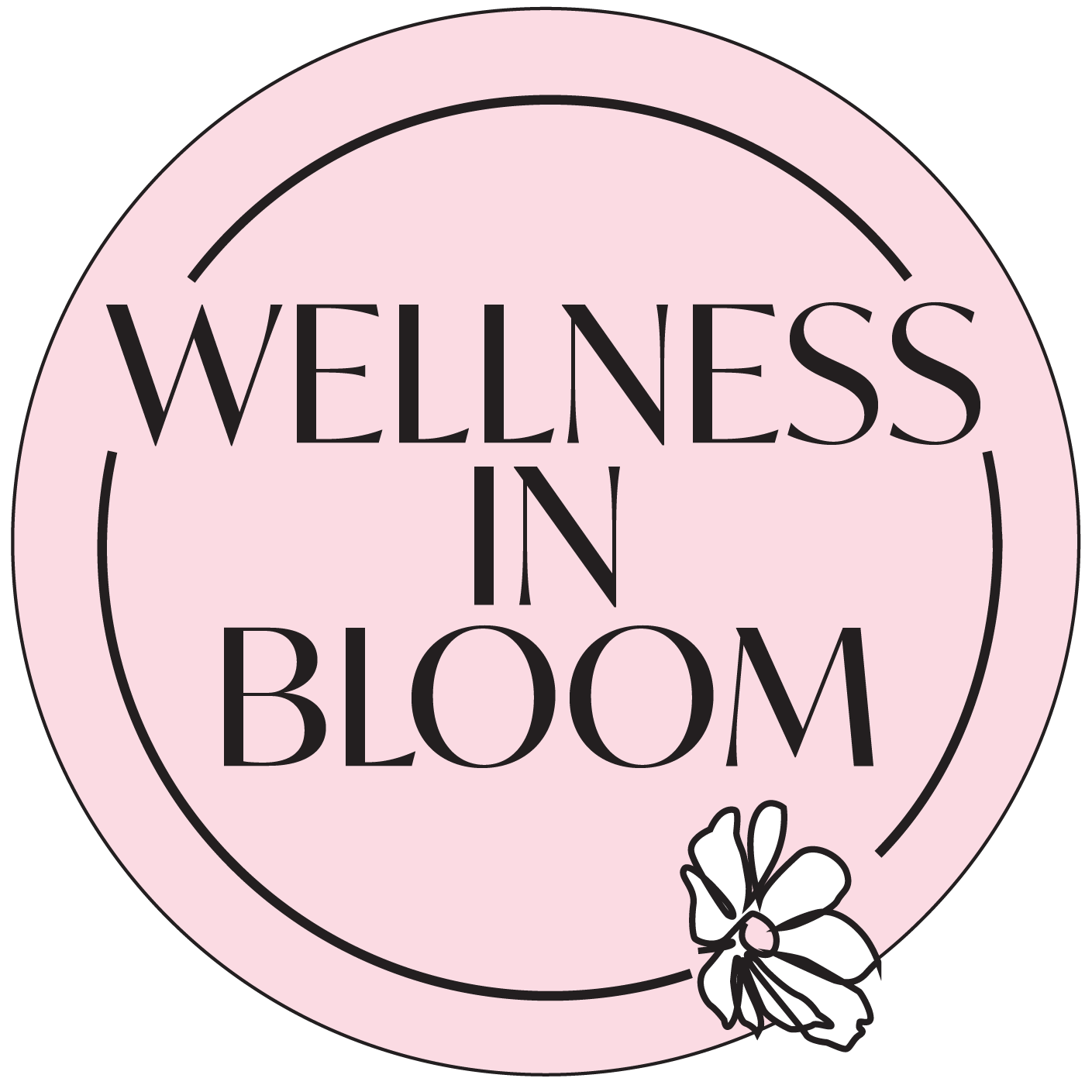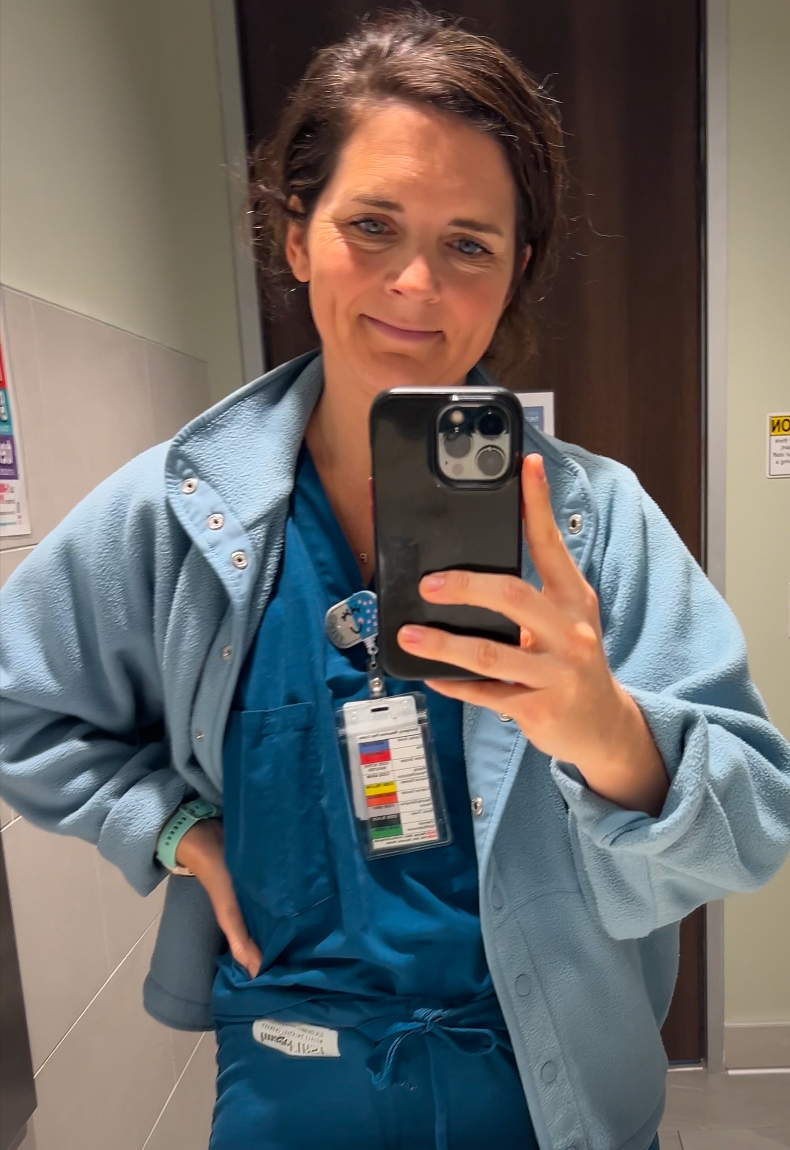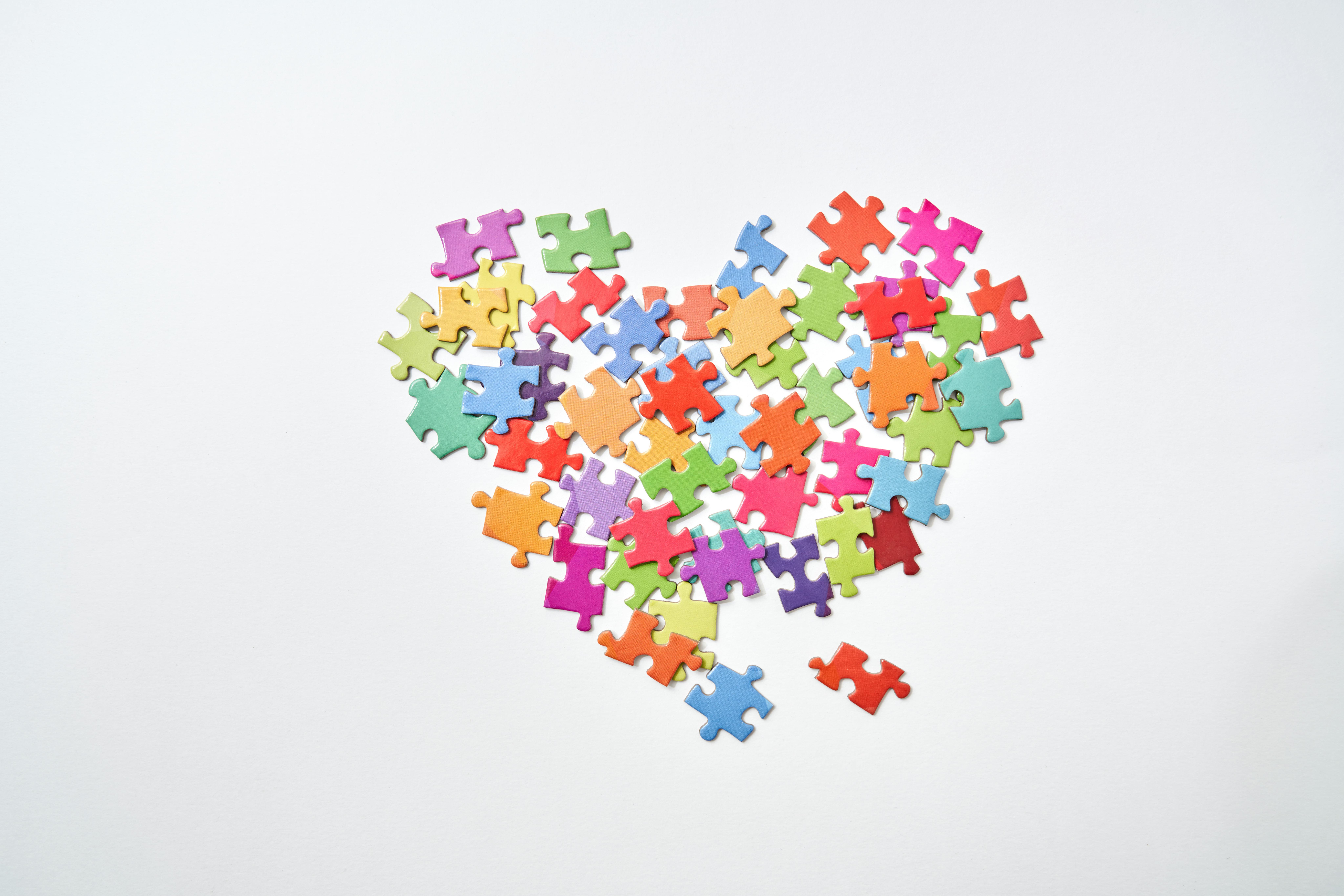Are you taking action to maintain strong bones as you age?
You should be.
Every year, ⅓ of people over the age of 65 fall. (1.)
250,000 hip fractures alone occur every year in adults over the age of 50 in the US alone.
Half of those individuals are unable to return home or to live independently after the fall.
The ability to recover greatly depends on how frail the individual is prior to the fall. Unfortunately, frailty is very common among the elderly.
In many cases, any bone fracture among the elderly leads to lower quality of life, loss of independence, disability, and sometimes death. It is a very devastating process.
But you can be strong as you age.
You do not have to be frail.
What leads to frailty with aging?
Loss of muscle mass (see this post here), inflammation (here), low calorie diets, comorbidities (such as metabolic syndrome), mineral deficiencies, and hormonal imbalances. (2.)
If you want to strengthen your bones naturally as you age, you must avoid becoming frail, and you must learn to implement these life-saving habits today.
Here’s how.
- BALANCE MINERALS: Calcium is required for healthy bones, but so are other minerals.
There’s a lot of misunderstanding around calcium. Growing up, my grandma had cereal with milk every morning to keep her bones strong (because of the calcium in milk). However, she still developed osteoporosis and suffered a fall.
What I wish I could have told her is that Vitamin K, sodium, potassium, magnesium, and Vitamin D all play a role in bone health. If calcium doesn’t have supporter minerals it will not be absorbed into bones and teeth.
This is one of my favorite aspects to a hair tissue mineral analysis and why I love offering it to clients. We can assess levels of calcium in the hair, which is a soft tissues. If it’s high in someone’s hair, there’s a good chance it is not being absorbed, and we can take action to change that. - WALK DAILY AND BUILD MUSCLE.
In a study based on post-menopausal women, walking 1 mile a day was shown to improve bone density. (3.)
As we age, many people become sedentary. This is one of the worst things we can do.
This accompanied with muscle loss creates a perfect storm for weak bones, poor balance, and a loss of balance.
Walk daily and build muscle.
BALANCE NUTRITION.
Specifically: Avoid low calorie, low protein diets.
Many people eat less food as they age. In some ways, this is the worst thing they can do.
Restricting calories alone, especially in older adults, has been shown to decrease bone density. (4.)
Low protein diets, in addition, are associated with poor calcium absorption and a decrease in bone density. (5.)
BALANCE HORMONES.
It’s hard work to do this, I know from personal experience. However, hard work always pays off.
In women, specifically, low estrogen levels at any age can lead to bone loss down the road (6.). It is one of the reasons postmenopausal are at the greatest risk for bone loss.
However, many young women today are suffering from low estrogen without knowing it. Symptoms include fatigue and loss of period to name a few. The problem? They don’t realize it because they’re on birth control and having a bleed every month.
In men, low testosterone is associated with an increase in bone loss. (6.) Many men today suffer from low testosterone due to diet, lifestyle, endocrine disruptor consumption, and habit choices.
As with everything in life, we can improve upon the state we are in. If you have imbalanced hormones at any age, you should invest in balancing them to protect your future.
One of the reasons I took big changes to get uncomfortable last year was realizing what my current health meant for my future health, especially my bones.
So many aspects in our life promotes frailty with age.
If you want to age differently, make choices most people aren’t willing to make. Be strong today, so you can stay strong in the future.
Need help? Click here to apply to join my program today.




